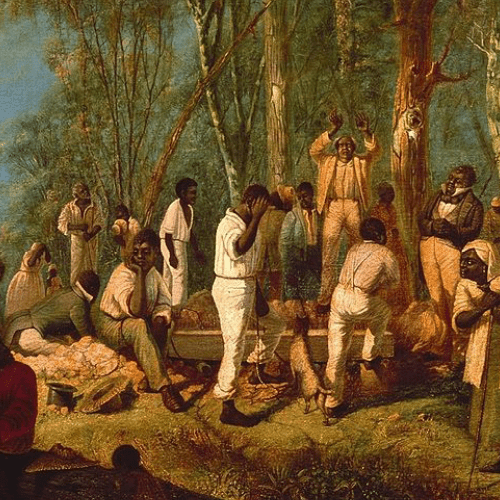Survey of African American Music - Unit One

Throughout Unit One there were various components that made up the cultural practices in Central and West Africa. Drumming, singing, and dancing were apart of many rituals, games, and celebrations. There are many instruments that are pivotal to the sound of Africa, drums are the most prevalent. Drums in the African society are extremely important. It symbolizes joy, and is not allowed to be played in moments of despair and sadness. Griot, a spiritual leader and historian, is one who uses the Dun Dun drum. He uses this drum in a “Call-and-Response” manner. “Call-and-Response” is comprised of two phrases. Griot would deliver the first phrase (the call). The “response” would be the audience’s affirmation or reply. The Dun Dun drum is often referred to as the “talking drum”. The initial purpose of this drum was to communicate with villages who were up to five miles apart. Another instrument essential to African culture is the batá drum. This drum though small in stature is primarily used in religious ceremonies. The most familiar African drum in American society is the djembe. These drums that I previously mentioned have all been apart of a religious practice known as the “Ring Shout”. The ring symbolized community and solidarity. It required its participants to gather in a circle with the drums in the middle. The ring would then move in a circular, counterclockwise direction, leaving the people’s feet slightly lifting off the ground.
The Gullah people were a group of descendants from the enslaved who resided in South Carolina and Georgia. They are known for preserving more of their cultural heritage and African linguistic than any other African American community in the United States of America. In 1740, due to an act of rebellion by slaves who had enough, South Carolina imposed harsher and stricter laws for slaves. This was known as “The Negro Act of 1740”. These laws restricted slaves from being able to learn how to write or read. Slaves could no longer assemble in large groups, and forbid the use of drums. The Gullah kept their commitment and resilience to their African heritage by developing their own unique language. Being that drums had been outlawed by the oppressor, the Gullah who kept their faith strong in their culture opted to use sticks when it came to participant and lead the “Ring Shout”. There have been many elements of our African culture that have been stripped away from us some 500 years ago. It is relieving to know that there is still a group of people who have not shied away from their heritage.

